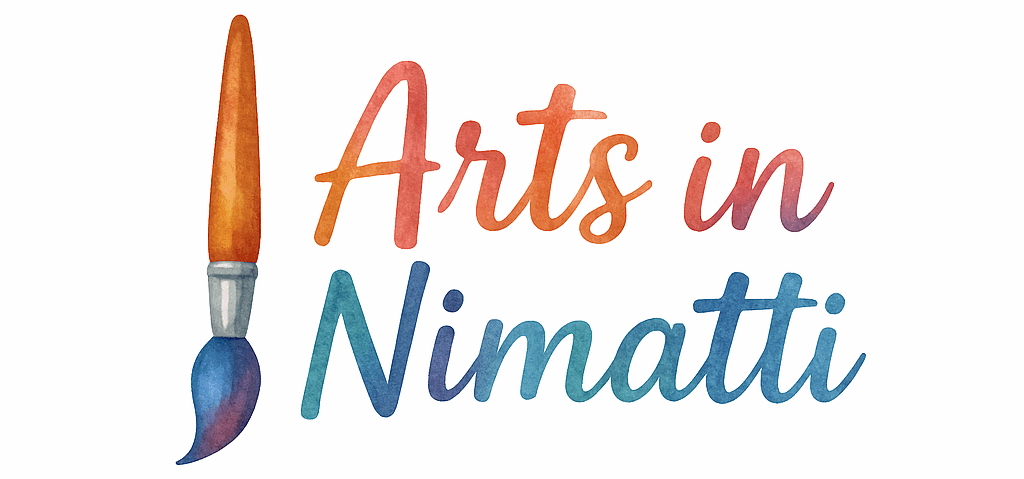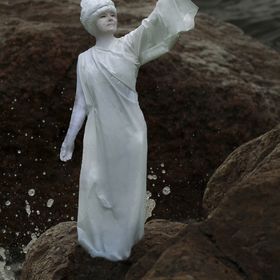As a creative, your mind is constantly buzzing with ideas, inspirations, and visions for your next masterpiece. While this creative energy is a beautiful thing, it can also be exhausting. For artists, self-care often gets overlooked in the pursuit of creativity. However, maintaining your physical, mental, and emotional well-being is essential for sustaining your passion and productivity in the long run. If you’re looking to enhance your creativity while also caring for yourself, these 11 self-care tips are a great place to start.
1. Embrace the Importance of Rest
When it comes to creativity, rest isn’t just about taking breaks. It’s about giving your body and mind the chance to recharge. As an artist, you might feel pressure to keep working, especially when ideas are flowing. However, your creativity thrives when you take time to rest.
Whether it’s taking a nap or getting a good night’s sleep, rest is crucial to your creative process. A well-rested mind can think more clearly, and you’ll have the energy to pour into your work when you’re ready to return. If you’re struggling to maintain a healthy sleep routine, try following these art productivity tips for improving your habits.
2. Set Healthy Boundaries with Your Work
Many creatives and artists struggle with setting boundaries between work and personal life. This lack of boundaries can lead to burnout and exhaustion. It’s important to set specific hours for your work and allow yourself time away from your art.
If you’re an artist who is constantly creating, it can be hard to walk away. However, stepping back is essential for maintaining your mental health. You can learn more about finding balance in your artist lifestyle through our artist lifestyle articles.
3. Incorporate Physical Activity Into Your Routine
Physical health is just as important as mental health when it comes to self-care. As a creative, you spend long hours sitting and working. It’s essential to counterbalance that with movement.
Exercise doesn’t have to be intense. A walk, stretching, or yoga can help release tension in your body, improve circulation, and boost your mood. Additionally, exercise has been proven to stimulate creativity, allowing your mind to wander freely. You can explore some great techniques in our art techniques section to combine movement with creativity.
4. Nourish Your Body with Healthy Food
As an artist, you often focus on feeding your mind with new ideas and concepts. But don’t forget to nourish your body, too. Eating healthy, balanced meals can increase your energy levels, improve your concentration, and even enhance your creativity.
Try incorporating more fruits, vegetables, and whole grains into your diet. Hydrating is also key, so don’t forget to drink plenty of water. For more about how nutrition impacts your creative process, check out our art education resources.
5. Engage in Creative Hobbies Outside Your Primary Medium
Creatives are often deeply connected to their work, but it’s important to step outside your primary art form. Whether it’s playing a musical instrument, writing, cooking, or even gardening, trying new creative hobbies can recharge your creative energy.
Exploring other creative outlets helps your brain make connections in unexpected ways, leading to new ideas for your art. For more inspiration, visit our art inspiration page.

6. Meditate and Practice Mindfulness
Meditation and mindfulness are powerful tools for maintaining mental clarity and emotional well-being. Spending just 10 minutes a day in meditation can help reduce stress, clear your mind, and improve your focus.
By practicing mindfulness, you also become more aware of your thoughts and emotions, which can inform and influence your artwork. If you’re interested in learning how to incorporate mindfulness into your daily routine, explore our article on creativity and creative habits.
7. Take Breaks and Step Away from the Work
As tempting as it may be to keep working until your masterpiece is finished, taking regular breaks is essential for maintaining your focus and preventing burnout. Step away from your work, stretch, or do something completely different for a while.
Breaks allow your brain to reset and recharge, and when you return to your work, you’ll often find new solutions or ideas you hadn’t considered before. For more tips on balancing work and personal time, read our guide on art business.
8. Stay Connected with Fellow Creatives
Isolation is a common challenge for many artists, especially when working long hours alone in a studio or workspace. Connecting with other creatives can provide much-needed support, inspiration, and encouragement.
Whether through online communities, local meetups, or social media, staying connected to other artists can be a huge boost to your well-being. For more on how to connect with others, check out our resources on art classes and art travel.
9. Celebrate Small Wins and Progress
As an artist, it’s easy to get caught up in striving for perfection. However, it’s important to celebrate your small wins along the way. Whether it’s completing a piece of art, learning a new technique, or simply feeling inspired, take time to acknowledge your progress.
Celebrating these small moments of success can boost your confidence and motivation. Read more about how small wins can propel your art portfolio in our portfolio-building guide.
10. Practice Gratitude and Positive Thinking
Gratitude is a powerful tool for maintaining a positive outlook. As a creative, it’s important to cultivate an attitude of gratitude for the opportunities, ideas, and experiences that come your way. This helps you maintain a mindset of abundance rather than scarcity.
By practicing gratitude, you can reduce stress and increase your overall happiness, which leads to a more fulfilling creative journey. For more on how gratitude can benefit your art, explore our article on art history.
11. Set Realistic Expectations and Goals
Setting realistic goals is crucial for maintaining a healthy creative mindset. Break your big projects into smaller, manageable tasks to avoid feeling overwhelmed. Be kind to yourself and understand that not every piece of art will be perfect.
Setting achievable goals helps prevent burnout and keeps you motivated as you work toward your larger creative vision. Learn more about goal-setting in our idea generation articles.
Conclusion
Self-care is essential for every artist and creative. By taking care of your physical, emotional, and mental health, you ensure that your creativity remains abundant and sustainable. These 11 tips are just the beginning—incorporate them into your daily routine and discover how they can help you thrive as a creative. Remember, creativity isn’t just about producing art—it’s also about caring for yourself so that your art can continue to flourish. For more resources and inspiration, visit our pages on art techniques and artist life.
FAQs
- What are some easy self-care activities for artists?
- Simple activities like taking walks, doing yoga, or even reading a book can be great ways to practice self-care for artists. They help you reset and come back to your art with fresh energy.
- How can meditation benefit my creative process?
- Meditation helps clear your mind, reduce stress, and improve focus, all of which can enhance your creativity and decision-making skills when it comes to your artwork.
- Is it important to set boundaries with my art?
- Yes, setting boundaries allows you to maintain a healthy work-life balance, preventing burnout while ensuring that you still have the energy to create.
- How can I find inspiration when I’m feeling stuck?
- Try stepping away from your usual work and engaging in a new creative hobby. Often, new experiences and perspectives can reignite your inspiration.
- How do I know when to take a break from my art?
- If you start feeling overwhelmed, frustrated, or creatively blocked, it’s time for a break. A short walk or a change of scenery can often do wonders.
- Can exercise help my creativity?
- Yes, physical activity increases blood flow and oxygen to your brain, which can enhance cognitive function and creativity.
- Where can I find more resources for creative inspiration?
- Check out our art inspiration page for articles and tips that can help spark new ideas for your work.


